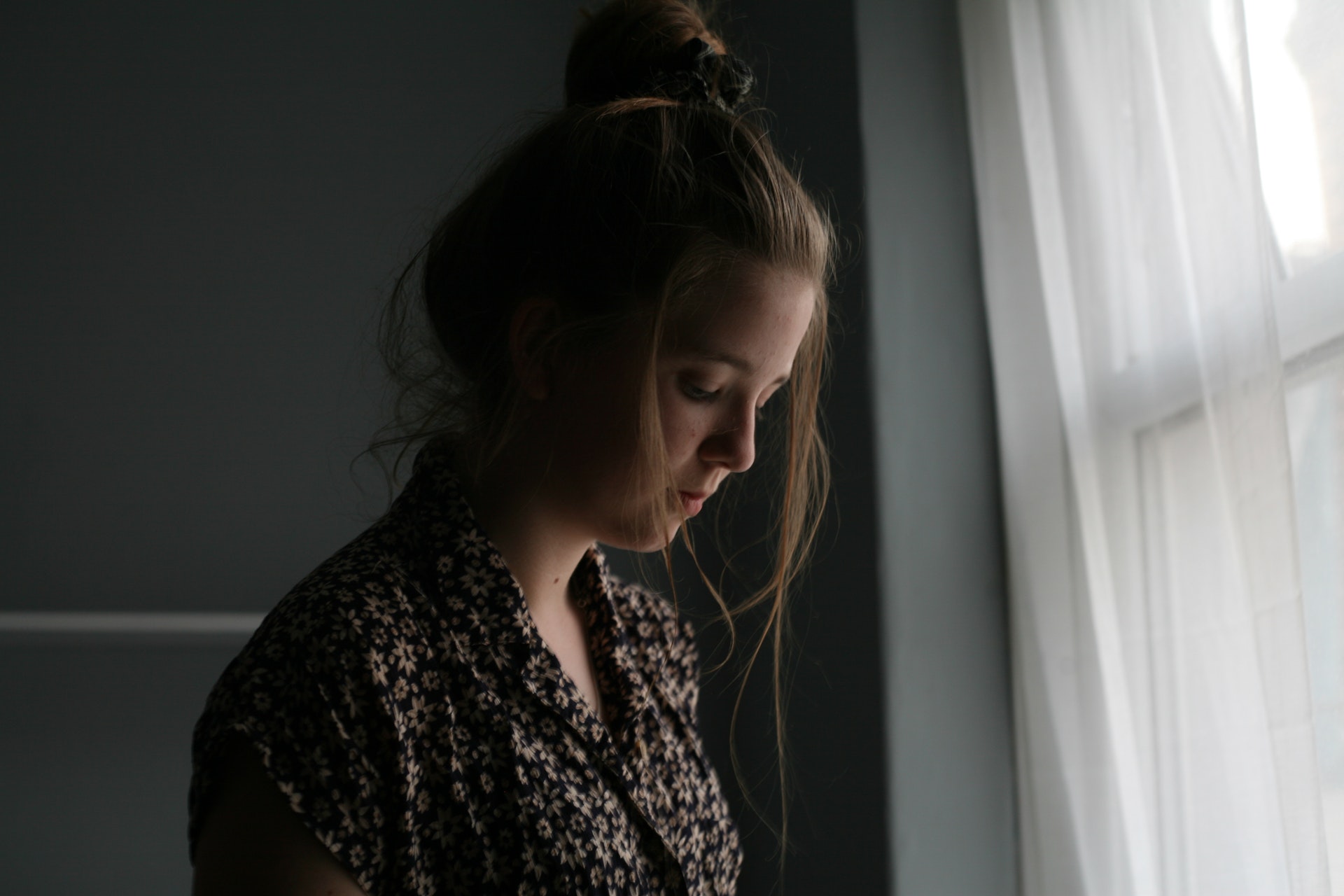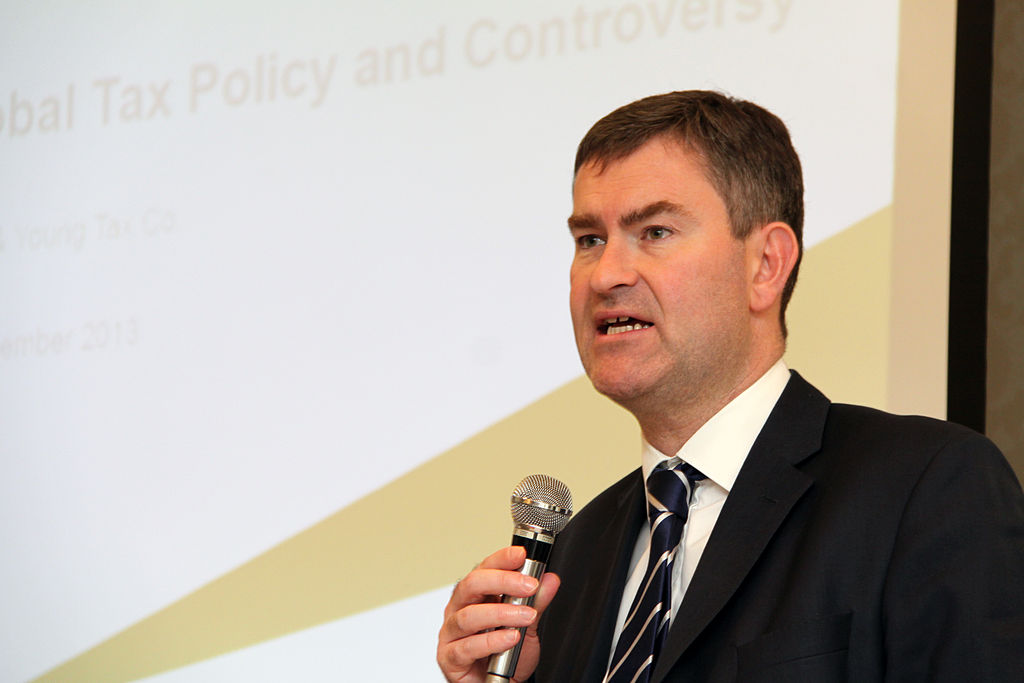Domestic abuse survivors are being denied safe housing because “they are not deemed vulnerable enough” by their local authority, a report has found.
A cross-party group of politicians and homelessness charity Crisis have released a report highlighting a “loophole in the law” which means people fleeing domestic abuse may not be considered “a priority for housing” and so are unable to access safe temporary accommodation.
“Currently, people fleeing domestic abuse must prove they are ‘significantly more vulnerable than any other person would be if made homeless’ in order to secure the main homelessness duty of settled housing,” writes Neil Coyle, chair of the all-party parliamentary group on homelessness.
He added: “We heard that proving vulnerability can be traumatic and near impossible for some survivors and there is evidence of local authorities using the vulnerability test as a gatekeeping tool.”
The group is issuing a joint call for the government to amend its Domestic Abuse Bill to ensure anyone who has experienced abuse is automatically considered a priority need.
Who Is A Priority Need?

Image Credit: Pexels
Certain groups of people are automatically considered to be “priority need” by local authorities. This includes people who are pregnant, have dependent children, are aged 16-17, and care leavers aged 18-20.
However, as the law currently stands, people fleeing violence need to satisfy a further “vulnerability” test to be considered “priority need” by their local authority. They will only be classified as “priority need” if the local authority feels they are more vulnerable than “the ordinary person facing homelessness”.
The same test must be satisfied by people who are vulnerable as a result of mental illness, disability, or time spent time spent in care, prison or the armed forces.
However, the broad nature of the definition means it is very difficult to apply consistently, the report argues.
The report also raises concerns that the difficulty of proving legal entitlement creates a “perverse incentive” for councils to deny applicants priority status due to their limited resources.
If all cases presenting with domestic abuse were made priority need, the report estimates that 1,960 additional households per year would be owed the main homelessness duty across local authorities.
What Is The Domestic Abuse Bill?

Justice Secretary David Gauke unveiled the government’s Domestic Abuse Bill in January 2019. Image Credit: FCO/Flickr
In January, the government published its draft Domestic Abuse Bill, which will seek to pursue offenders and protects survivors of domestic abuse and their families.
It will introduce a statutory government definition of domestic abuse for the first time, which will specifically include manipulative non-physical abuse and economic abuse.
It will also set up a Domestic Abuse Commissioner and stop abusers from cross-examining their victims in family courts.
What Does The Government Say?
A Ministry of Housing, Communities and Local Government spokeswoman said: “We recently announced that for the first time ever, councils will be legally required to provide vital support in secure accommodation for survivors of domestic abuse and their children, and communities secretary James Brokenshire pledged over £90m for this.
“This will end the variation in support and ensure that all families are able to recover and overcome their experiences.”







